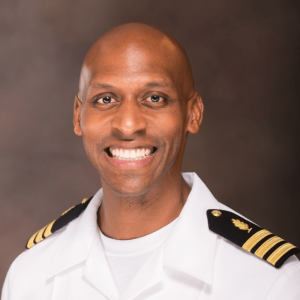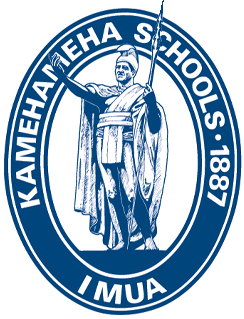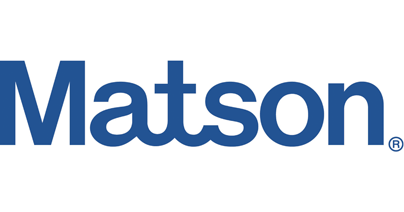
Commander Coleman C. Chandler, Jr.
Deputy Fleet Surgeon
U.S. Navy / COMPACFLT
Commander Chandler is a Mentor Hawaii Cohort 10 mentor. Learn more about the program here.
About Commander Chandler
Commander Coleman Chandler, received his commission in 2003. After completing Officer Indoctrination School in Newport, Rhode Island, he reported to his shore tour at U.S. Navy Hospital Great Lakes. He assumed the role of Deputy Material Manager, where he was responsible for the procurement of medical materials and supplies for the primary medical facility and outlying clinics. He then transferred to the 1st Medical Battalion at Camp Pendleton, California, where he served in numerous positions, including Company Commander for Alpha Surgical Company, Assistant Operations Officer, and Battalion Adjutant. During his time in the battalion, he deployed a team of medical professionals to support Operation Enduring Freedom. As Executive Officer of the Surgical Company, he was responsible for providing robust medical care to U.S. Marine Corps, Special Operations, joint, and coalition forces. After his tour with the U.S. Marine Corps, he moved to Yokosuka, Japan, where he reported to the staff of U.S. Seventh Fleet. Due to his vast operational experience with the Marine Corps, he served as Chief of Medical Plans and Operations, and on various occasions as the Deputy Fleet Surgeon, a billet usually occupied by a Navy Captain. During this assignment, he participated in numerous contingency and fleet exercises. He went on to serve at U.S. Pacific Fleet Command as Chief of Medical Plans and in the Chief of Naval Operations N81 staff directorate as an Operational Medical Analyst. He served at the Bureau of Medicine and Surgery, where he was Branch Head for Contingency Support and Platform Management. In his previous assignment, he served at Headquarters, U.S. Central Command, where he was the Chief of Medical Plans and Exercises. He has a Bachelor of Arts in Speech Communication from Stephen F. Austin State University, a Master of Public Health degree from Texas A&M School of Public Health, a Master of Arts in Defense and Strategic Studies, and is a graduate of the Maritime Advanced Warfighting School at the U.S. Naval War College. He also completed his JPME Phase II certification and received a Master of Science in National Security and Resource Strategy from the Dwight D. Eisenhower School for National Security and Resource Strategy.
Question and Answer with Commander Chandler
What is your preferred communication style when mentoring (in-person, video conference, phone, informal check-ins, structured meetings, etc.)?
In-Person Meeting, Video-Conference, Phone, Informal Check-In, Activity, Meal
Why do you want to become a mentor in this program?
I am eager to contribute my experience and knowledge to the next generation of professional. I believe that mentorship is a powerful tool for personal and professional growth. Most importantly, I take provide and interest to be mentor because someone took the time to inspire me to achieve my personal and professional goals as young adult. I want to pay that forward to inspire someone to be best version of the and to make positive impact on their community.
What specific skills, knowledge or experience can you share with your mentee?
– The importance of Effective Communication in the professional setting and in their personal lives – Adaptability (how to embrace change) and Continuous Learning (stress the importance of being a lifelong learner) – Parenthood – highlight the importance of being role model your family and how those attributes translate into a professional setting
What are your expectations for a mentor-mentee relationship?
Trustworthy. Transparency. Openness to new ideas
How do you approach problem-solving and conflict resolution?
I believe in a collaborative approach to problem-solving and conflict resolution. I’m adept at breaking down complex issues, analyzing information, and generating creative solutions. By fostering open communication and understanding, I work with others to find common ground and implement effective strategies.
How do you envision success for your mentee, and how will you measure it during the program?
I believe my mentee will thrive when they develop greater self-confidence in their abilities and potential. I aim to assist them in defining clear career goals, crafting a strategic path to achieve them, and building a robust professional network. To gauge their progress, I’ll schedule regular check-ins to discuss their achievements, set new objectives, and offer constructive feedback.








































